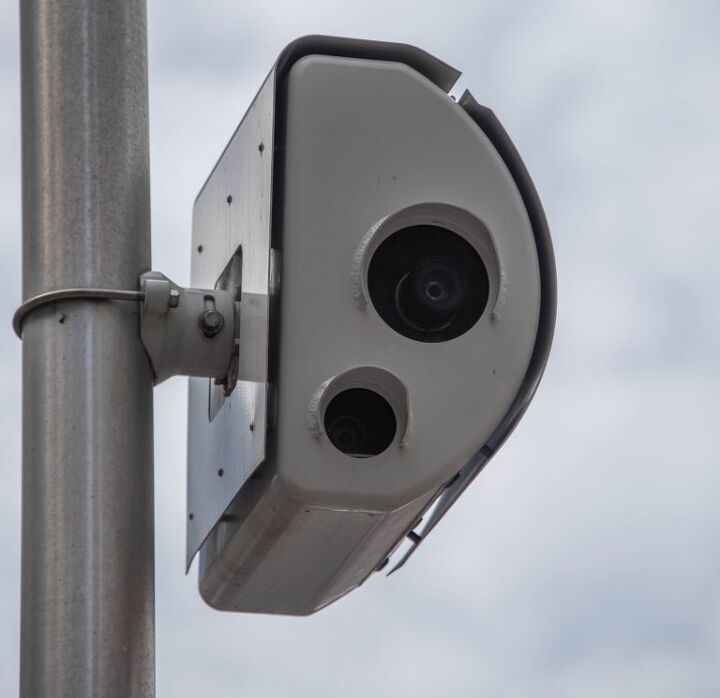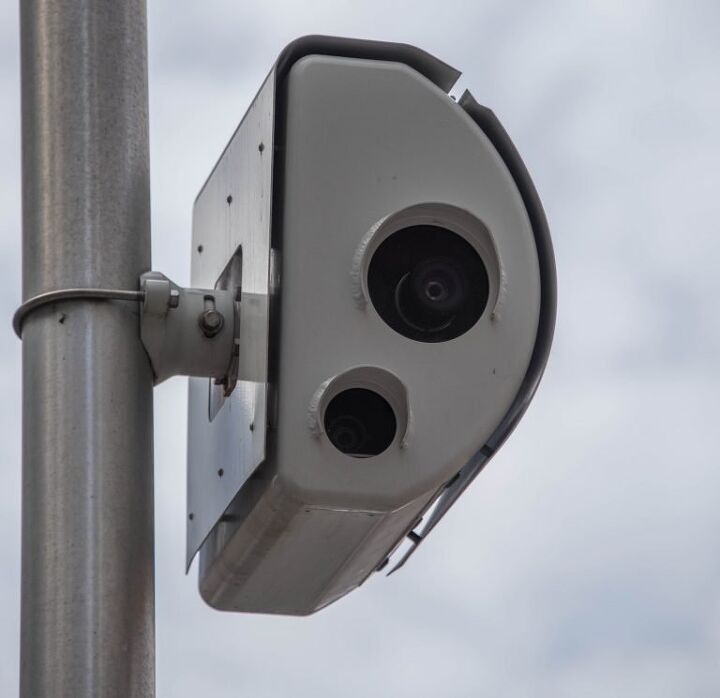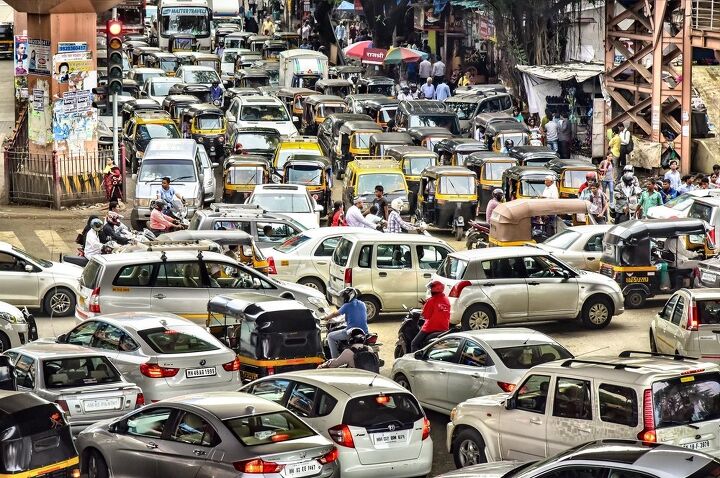#NoisePollution
California to Adopt 'Smart' Cameras to Enforce Noise Violations
The State of California is considering leveraging enhanced surveillance to increase the number of motorists it can fine for noise violations. While the rules allowing the state to penalize motorists for emitting too much sound have existed for years, they were amped up slightly in 2019 when Assembly Bill 1824 went into effect and established the limits for what’s allowed today. The updated rules also required police to immediately fine anyone driving an automobile that’s emitting noise measured above 95 decibels, rather than issue a fix-it ticket. Motorcycles, which can occasionally exceed 95 dB in their stock format if they’re older, are limited to just 80 dB.
But determining when and where someone broke the rule is difficult, especially considering measurements were originally supposed to be taken under the Society of Automotive Engineers (SAE) test procedure J1169, so the coastal region is on the cusp of launching a new program that would introduce microphone-equipped traffic cameras similar to what we’ve already seen in New York and the United Kingdom. California leadership believes that an automated system would result in greater levels of enforcement by effectively mimicking the speed camera formula and applying it to vehicular noise violations.
Cricket or Ticket: NY Now Has Cameras Designed to Identify Loud Cars
New Yorkers with aftermarket exhaust systems may want to be extra careful because a law, signed by Governor Kathy Hochul to increase fines on sound violations, now has a new enforcement tool designed to spot noisemakers.
Approved in autumn of 2021, the SLEEP (Stop Loud and Excessive Exhaust Pollution) Act raised the fine on vehicles producing excess sound in NY from $150 to a whopping $1,000. But drivers are now learning that getting busted won’t necessarily require whizzing past a squad car while their Borla snap-crackle-and-pops surrounding eardrums. NYC residents have begun receiving notices in the mail after being caught by the auditory equivalent of speed cameras.
Driving Dystopia: Mumbai Introduces Signals That Punish Everyone for Honking
India is famous for having some of the most lawless roadways on the planet. While the primary culprit is likely the country’s lax licensing requirements — showing a basic understanding of a vehicle’s controls and the ability to park is about all it takes — the bar has been set similarly low for what’s deemed acceptable outside the classroom. It’s not uncommon to see occupancy limits surpassed, often with excess passengers riding on the outside of a vehicle. Roads and automobiles are also often poorly maintained, encouraging accidents that jam up traffic.
Honking is a problem too, with India’s Central Pollution Control Board banning the practice in several cities for 2017. The group worked off data from 2011 that alleged Delhi’s busiest areas averaged 100-108 decibels of ambient background sound (with some spots going up to 125db). That’s enough to cause physical harm to someone subjected to the noise for just 15 minutes — and most of the sound is believed to stem from persistent honking.
Electric Cars = Quiet Roadways? Not so Fast…
Because we’ll all be travelling around in autonomous electric pods any day now, more and more people want to know whether they’ll be able to hear a pin drop on the sidewalk once those nasty internal combustion vehicles are extinct.
Well, if it’s serene, pastoral bliss you’re looking forward to, don’t expect to find it anywhere near a freeway. The folks at Clean Technica looked at the best studies available on the issue, and the results are bad news for those who think “EV” is another word for “whisper.”



















Recent Comments